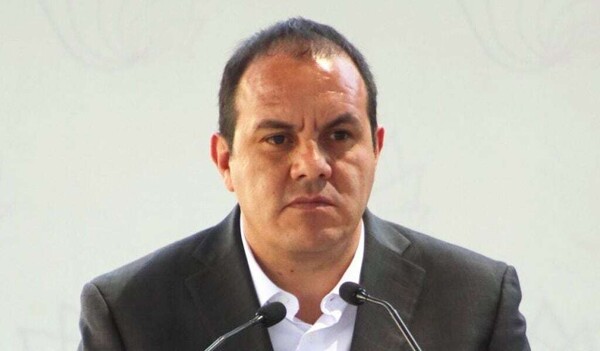Between 13% and 23% of breast cancer cases in Mexico are triple-negative, an aggressive form of the disease that mainly affects young women. Dr. Gabriela Torres Mejía, a researcher at the National Institute of Public Health (INSP), emphasizes the importance of detecting genetic mutations in BRCA1 and BRCA2, as they influence clinical management and treatment options.
At the recent High-Level Forum on Public Policies for Triple Negative Breast Cancer, it was reported that 5% of cancer deaths in Mexico are caused by this type of cancer. According to Dr. Gabriela Torres Mejía, in 2022 approximately 97,000 people died from cancer in the country, and a significant proportion corresponded to breast cancer.
Dr. Torres highlights the need for oncology training for primary care physicians, stressing that triple-negative cancer is aggressive and often presents in women under 40 years old. She advocates for effective public policies and early detection programs to reduce its annual incidence by 2.5%.
To address this crisis, Dr. Torres emphasizes the importance of ensuring resources for treatments such as radiotherapy and chemotherapy. She mentions the need for early diagnosis in more than 60% of affected women and timely treatment to achieve the annual reduction of 2.5% in breast cancer incidence.
Collaboration and education are key to improving attention and quality of life for women affected by triple-negative breast cancer. Gabriela Torres Mejía highlights the importance of early detection and the availability of adequate resources in this context.













